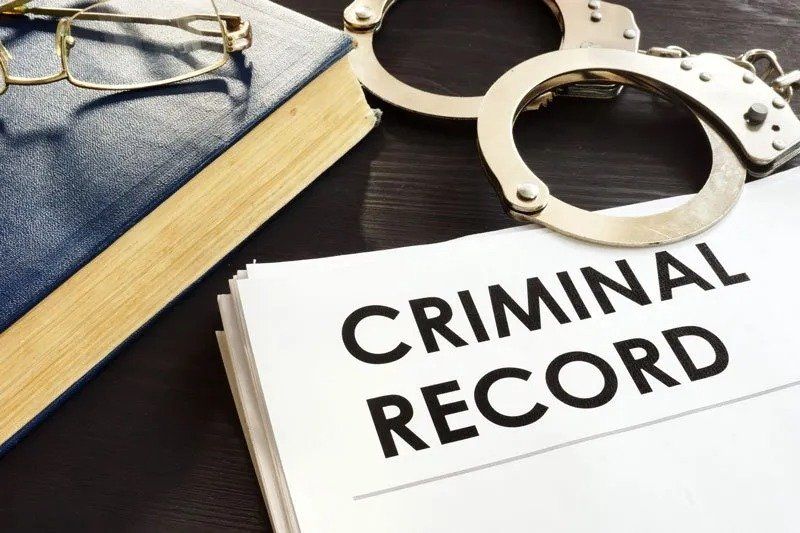
Being convicted of a crime typically results in criminal penalties such as a term of imprisonment, fines, probation, and community service. However, often these criminal convictions impact a person's life beyond sentencing in the courtroom. These impacts on a person's life are other penalties known as "collateral consequences." In many cases, the collateral consequences of a conviction can be more limiting than the sentence imposed by the court. For this reason, if you are facing criminal charges, you should call an attorney at the Cohen Law Offices today to protect your rights.
What is a “Collateral Consequence?”
A collateral consequence is a type of penalty that, instead of coming directly from the court, is a result of the conviction and separate from sentencing. Also known as "civil consequences of a conviction," these penalties affect your civil liberties. They result in your restriction from accessing certain opportunities and benefits otherwise available to those who have not been convicted of a crime.
What is the Purpose of a Collateral Consequence?
There are a few purposes in attaching these restrictions to people who have been convicted of certain crimes. Collateral consequences act as a deterrent to persuade people from engaging in criminal conduct. They also act as a way to protect the public. In some cases, there are unintended collateral consequences, often resulting in unfair burdens to people with criminal records.
When Might I be Subjected to Collateral Consequences?
A person who has been convicted of a crime may be subject to certain collateral consequences when they have committed a certain crime or when his or her conduct falls within a certain class of criminal activity such as a felony or misdemeanor.
What are Some Common Opportunities and Benefits Affected by Collateral Consequences?
Collateral consequences can act as a barrier to employment, housing, and public assistance. Below are some rights/opportunities/benefits that are commonly affected by a criminal conviction and the sentencing that follows:
- Firearms: Those convicted of felonies or those who have been found not guilty by reason of mental defect are restricted from possessing a firearm.
- Voting: Convicted felons lose their ability to vote in any election until completion of their sentences or receipt of a pardon.
- Citizenship: A noncitizen convicted of a crime risks deportation. Noncitizens may also be prohibited from gaining citizenship.
- Employment: Criminal convictions can affect employment in different ways. A conviction can result in the loss of licenses required to do certain jobs and the inability to gain security clearances for others. Additionally, an employer can consider the conviction when the criminal acts committed are related to the job.
- Driving: Some convictions require that a driver’s license be suspended or revoked.
- Public Benefits: Some convictions affect the ability to acquire some public benefits like student aid, and others result in ineligibility to participate in certain programs like SNAP.
If You Have Been Accused of a Crime, Call Us Today
If you are facing criminal charges, call Cohen Law Offices at (715) 514-5051 for your free consultation today. A criminal conviction can mean hefty fines and a significant amount of jail time. It can also mean collateral consequences that affect your entire life, even years after your conviction. If you've been charged with a crime, call the experienced attorneys at Cohen Law Offices. Our criminal defense attorneys will help you to understand your best defense and come up with a strategy that could reduce your sentence.
When Results Matter Most, Call Cohen Law First.
We’re not just any law firm — we’re
Northwest Wisconsin’s trusted criminal defense powerhouse. At Cohen Law Office, criminal defense isn’t one thing we do — it’s
the only thing we do.
Focused on YOU. Fighting for YOU. Always.
Need Help After Hours? We've Got Your Back.
If you're reaching out outside of our regular business hours,
don’t worry — just
click here, and one of our dedicated team members will get in touch with you as soon as possible.

